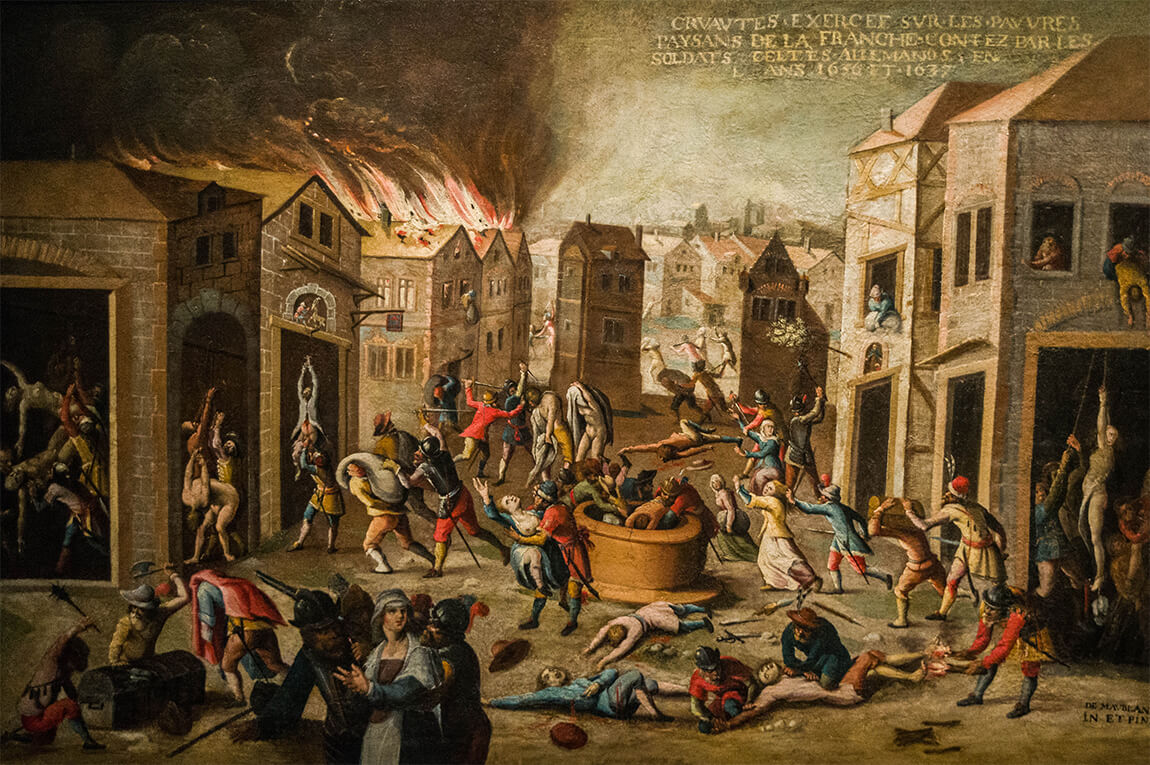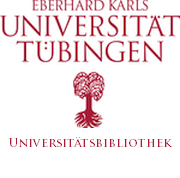No. 1 (2023): Religions as Warmakers – Religions as Peacemakers

Picture: Bild: Pierre Maublanc (1582-ca.1637), Massacres de la guerre [Scene from the Thirty Years' War], 1636/37, Musée du Temps, Besançon.
The war against Ukraine and the underlying conflict are often discussed from a peace ethics and political perspective, but still relatively little from the point of view of the significance of religion. Religious legitimizations of acts of war and religiously motivated appeals for peace, however, are and always have been an important part of public discourse - and relevant fields of research for theological ethics and social sciences, political science, and sociology. In this issue, the role of religion or religious communities in the European conflict architecture is examined and discussed in more detail.
The question of war and peace potentials of or in religions is the focus and will be discussed from different points of view:
- What is the position of religious communities in changing political contexts, especially in crisis situations?
- To what extent can positions be found in religious communities that advocate the normative project of modernity (roughly understood here as the realization of democracy and human rights) and can thus develop peace-building potential?
- Where are positions in favor of or justifying war to be found within religious communities, or also traditional lines of political authoritarianism that go hand in hand with anti-democratic tendencies and possibly with nationalism, racism or sexism?
- Where can we find peace-ethical traditions and concepts within religions as well as corresponding religious actors who advocate peaceableness, renunciation of violence or even pacifism?
- What about the population's support for war, and is there possibly a connection between religiosity and a positive attitude toward war? Does religion play a role in the formation of an authoritarian personality structure?
- What is the significance of religious policy for European (foreign) policy in times of war? And how can Europe hold together in the current situation against the background of politically relevant religious lines of conflict?
The discourse on the connection between religion and peace or religion and violence will be discussed in different ways: first, with regard to different religious communities and their different theologies; second, not only synchronously but also diachronically with regard to certain lines of tradition and development processes within religious communities; third, with regard to different actors, such as religious leaders or religiously influenced international organizations. Finally, the aim is to gain an overview of the extent to which religion plays an ambivalent role in conflict constellations.
Edited by Oliver Hidalgo, Christian Spieß, Katja Winkler, Alexander Yendell.
In the review section, 16 new publications from different disciplines are presented. One focus is on publications on the topics of digitalisation, artificial intelligence and trans- or posthumanism. From political theory and sociology, the new books by Thomas Biebricher, Axel Honneth, Stephan Lessenich and Martha Nussbaum are reviewed. In addition, there are reviews of current books on 'Normative Orders', on terror and theology, on the sociology of the Catholic Church and on post-war Protestantism. In addition, new titles on the hermeneutics of biblical texts, on ecotheology and on postcolonial theologies are reviewed.
Edited by Hermann Josef Große Kracht and Tim Eckes





